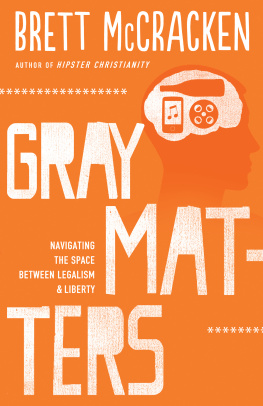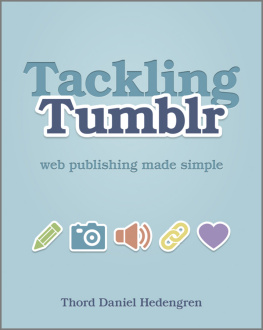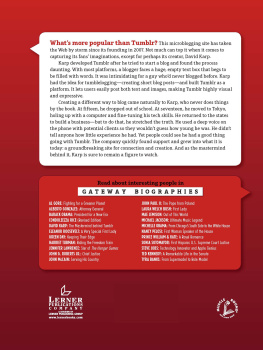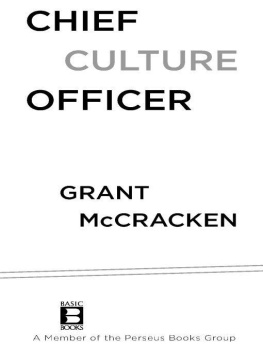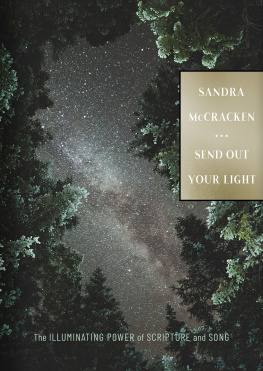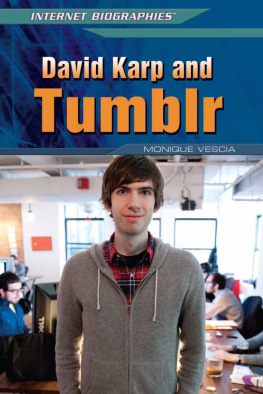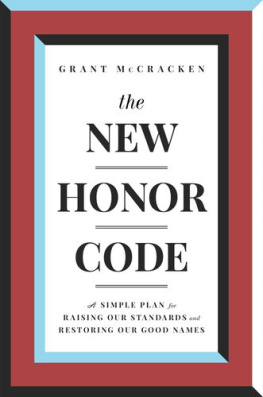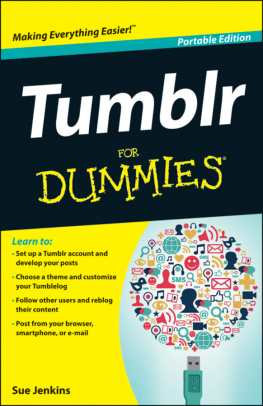Allison McCracken - a tumblr book
Here you can read online Allison McCracken - a tumblr book full text of the book (entire story) in english for free. Download pdf and epub, get meaning, cover and reviews about this ebook. year: 2020, publisher: University of Michigan Press, genre: Politics. Description of the work, (preface) as well as reviews are available. Best literature library LitArk.com created for fans of good reading and offers a wide selection of genres:
Romance novel
Science fiction
Adventure
Detective
Science
History
Home and family
Prose
Art
Politics
Computer
Non-fiction
Religion
Business
Children
Humor
Choose a favorite category and find really read worthwhile books. Enjoy immersion in the world of imagination, feel the emotions of the characters or learn something new for yourself, make an fascinating discovery.

- Book:a tumblr book
- Author:
- Publisher:University of Michigan Press
- Genre:
- Year:2020
- Rating:4 / 5
- Favourites:Add to favourites
- Your mark:
- 80
- 1
- 2
- 3
- 4
- 5
a tumblr book: summary, description and annotation
We offer to read an annotation, description, summary or preface (depends on what the author of the book "a tumblr book" wrote himself). If you haven't found the necessary information about the book — write in the comments, we will try to find it.
a tumblr book — read online for free the complete book (whole text) full work
Below is the text of the book, divided by pages. System saving the place of the last page read, allows you to conveniently read the book "a tumblr book" online for free, without having to search again every time where you left off. Put a bookmark, and you can go to the page where you finished reading at any time.
Font size:
Interval:
Bookmark:
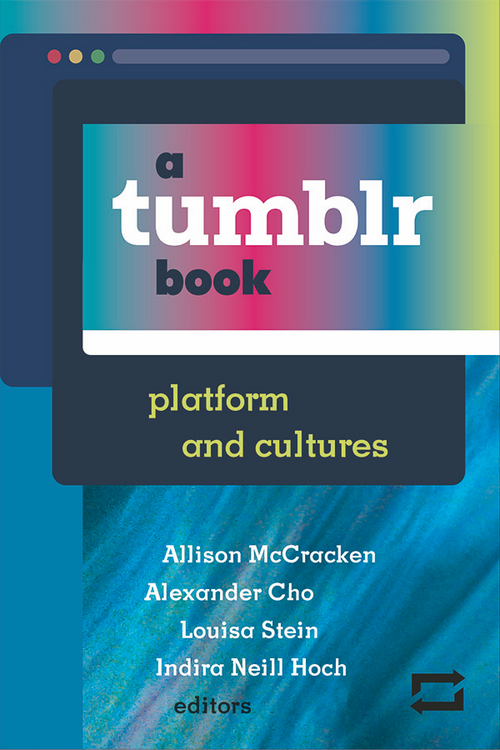
Allison McCracken, Alexander Cho, Louisa Stein, Indira Neill Hoch, editors
University of Michigan Press
Ann Arbor
Page iv Copyright 2020 by Allison McCracken, Alexander Cho, Louisa Stein, Indira Neill Hoch, editors
Some rights reserved

This work is licensed under a Creative Commons Attribution-NonCommercial-NoDerivatives 4.0 International License. Note to users: A Creative Commons license is only valid when it is applied by the person or entity that holds rights to the licensed work. Works may contain components (e.g., photographs, illustrations, or quotations) to which the rightsholder in the work cannot apply the license. It is ultimately your responsibility to independently evaluate the copyright status of any work or component part of a work you use, in light of your intended use. To view a copy of this license, visit http://creativecommons.org/licenses/by-nc-nd/4.0/
For questions or permissions, please contact um.press.perms@umich.edu
Published in the United States of America by the
University of Michigan Press
Manufactured in the United States of America
First published November 2020
A CIP catalog record for this book is available from the British Library.
Library of Congress Cataloging-in-Publication data has been applied for.
ISBN 978-0-472-07456-5 (hardcover : alk. paper)
ISBN 978-0-472-05456-5 (paper : alk. paper)
ISBN 978-0-472-12695-8 (e-book)
ISBN 978-0-472-90129-6 (OA)
https://doi.org/10.3998/mpub.11537055
Allison McCracken, Alexander Cho, Louisa Stein, and Indira Neill Hoch
Nicholas Proferes and Katherine E. Morrissey
Kendra Calhoun
Indira Neill Hoch
The-Cimmerians
Milena Popova
Indira Neill Hoch
Julian Burton
Akane Kanai, Crystal Abidin, and Matthew Hart
Aisha Mahmud
Katrin Tiidenberg
Morgan Fisher
Shaka McGlotten
J. S. A. Lowe
Jessica Pruett
Annie Galvin
Curated by Louisa Stein
Lesley Willard
Emily Rauber Rodriguez
Lee Brown
Brady Robards, Paul Byron, Brendan Churchill, Benjamin Hanckel, and Son Vivienne
Strugglingtobeheard
Natalie Ann Hendry
Annette Koh
Christine Goding-Doty
Jennifer Malkowski
Curated by Indira Neill Hoch
Digital materials related to this title can be found on the Fulcrum platform via the following citable URL: https://doi.org/10.3998/mpub.11537055
Our unorthodox project could not have come together without the tremendous support we have received from so many people in so many corners of the world. Our biggest debt of gratitude is to our extraordinary editor, Mary Francis, who understood our vision for the project and championed it at the University of Michigan Press, a place where we have felt welcomed and supported throughout this process. Editorial associates Susan Cronin and Sara Cohen, and Production Editor Mary Hashman have also been enormously helpful in coping with the many moving parts of this project. We also had wonderfully perceptive readers that helped us immeasurably in assembling this collection. We are thrilled to be able to make this book available through Open Access and, in making this possible, we offer our gratitude for financial support to the DePaul University Research Council, Middlebury Colleges Office of the Dean of Faculty Development & Researchs Scholarly Publication/Subvention Fund, and the University of California Presidents Postdoctoral Fellows Research Fund. Finally, and most importantly, we wish to acknowledge and thank our contributors for their extraordinary insights and diligence, all the Tumblr users who gave us permission to include them in this volume, and the countless Tumblr and Tumblr-adjacent persons who helped us better understand and ethically approach this space and this project. We have learned so much from all of you and have so much still to learn.
Allison McCracken, Alexander Cho, Louisa Stein, and Indira Neill Hoch
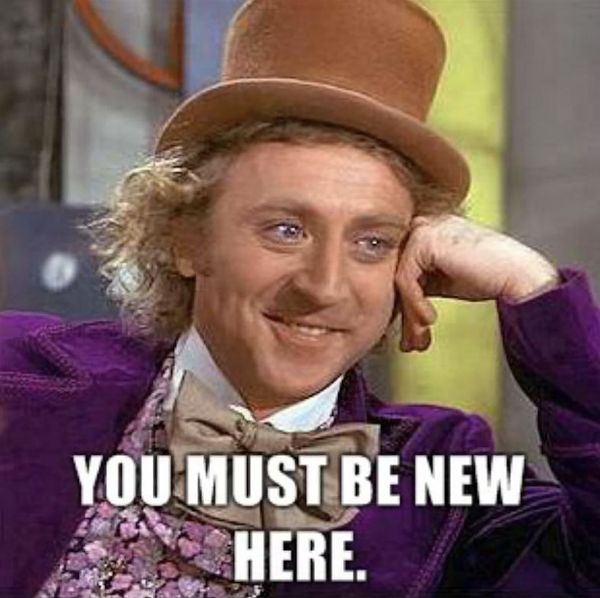
Fig. 1.1. Willy Wonka meme
This meme of Gene Wilder as Willy Wonka in the 1971 film Willy Wonka and the Chocolate Factory became popular on Tumblr in the early 2010s. Tumblr users employed it to point out when new users were clearly not familiar with Tumblr spaces and language, at once acknowledging the difficulty of navigating the platform and using Wonkas knowing look to gently prod the newbies to acquaint themselves with their environment before attempting to participate. The meme reflects our assumption that Tumblr has always been a unique space that merits analysis in terms of its specificity as a platform Page 2 and a cultural agent. Like Wonkas chocolate factory, Tumblr is an alternative world, where disparate people come together over mutual passions and desires in a queer, carnival-like atmosphere that distinctly dispenses with normalcy. Tumblrs pleasures have been likewise vast and unpredictable; its heightened drama has given users life and inspiration and at times has turned ugly and left people wounded in its wake, even as, like Wonka, the Tumblr Dashboard has always moved inexorably forward.
This collection approaches Tumblr as a digital platform and as a cultural forum. Tumblr was created by then-twenty-one-year-old David Karp in 2007, who originally designed it as an easy-to-use multimedia microblogging social media platform; many Tumblr users still refer to their and other tumblrs as blogs. Tumblr gave users the capability to circulate and recontextualize a broad array of media easily and quickly: image-based memes, GIF animations, videos, short- or long-format text, and more. Unlike other social media platforms at the time, Tumblr also afforded a great deal of flexibility in allowing users to personalize the design of their blog. At the same time, Tumblrs nonintuitive, or even sometimes faulty navigation, search, and index features created a barrier to entry for uninvested outsiders.
This platform opacity, in combination with Tumblrs liberal/progressive branding and its reliance on pseudonymity (anonymity by way of pseudonyms), facilitated the development of counterpublics on the platform, those groups who are marginalized in the public sphere and/or who are in conflict with it ideologically. From 2007 to 2018, Tumblr thus became a home and hub for many who were socially and politically disenfranchised: youth, LGBTQ+ and nonbinary persons, people of color, progressives and activists, feminist and queer fans, queer and alternative porn consumers, sex workers, the disabled, and those with mental illness, chronic pain, or bodies that didnt reflect social ideals. The marginalization of these groups by most mainstream commentators and media producers in society obscured the cultural and social significance of their presence on Tumblr, despite the platforms 450 million blogs (as of early December 2018), even as they created the foundation for broader cultural shifts.
Yet Tumblr was also a deeply flawed blue hellscape to many of its users, a technologically frustrating, often unsafe platform that did not always serve all its users well. As our authors testify, its most vulnerable groups faced the same challenges on Tumblr as they did in real life. Nonetheless, these subcultures persisted on the platform because it offered participants the best option and tools for alternative networking among very limited choices. Tumblr was, for many, a deinstitutionalized, underfunded, unauthorized, Page 3 constantly on-the-run think tankcumchocolate factory, a subcultural, countercultural place where alternative pleasures, education and resource-sharing, creative and critical work happened. During its first decade, Tumblr became the space for the development of, for example, Black feminist theory, LGBTQ+/nonbinary identity formation, disability and chronic pain collectivities, critical media culture, and alternative body erotics and porn. The increasing calls for social justice that marked the 2010s, especially among young people, prompted
Next pageFont size:
Interval:
Bookmark:
Similar books «a tumblr book»
Look at similar books to a tumblr book. We have selected literature similar in name and meaning in the hope of providing readers with more options to find new, interesting, not yet read works.
Discussion, reviews of the book a tumblr book and just readers' own opinions. Leave your comments, write what you think about the work, its meaning or the main characters. Specify what exactly you liked and what you didn't like, and why you think so.

